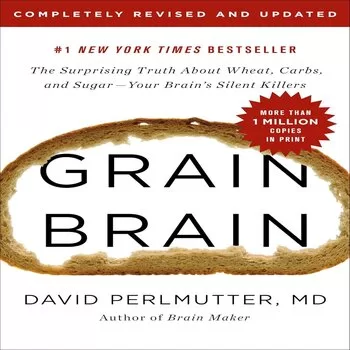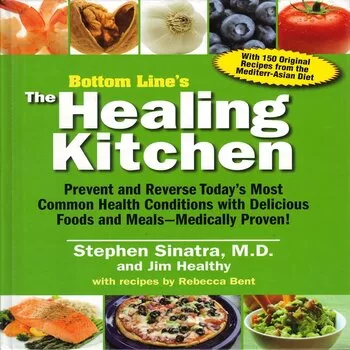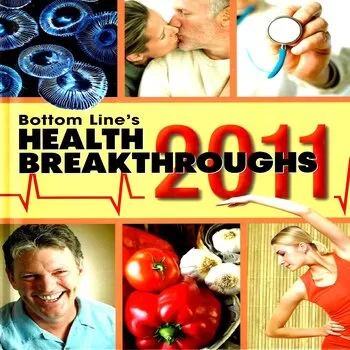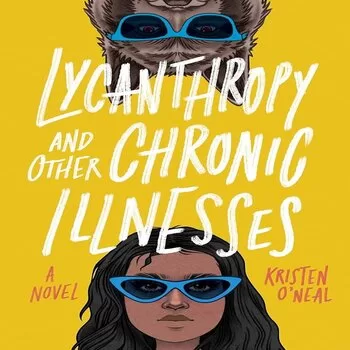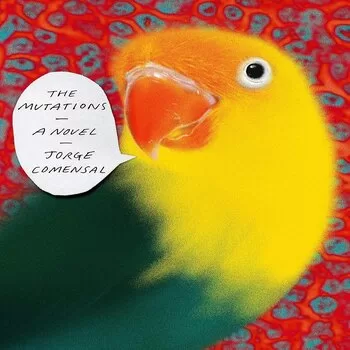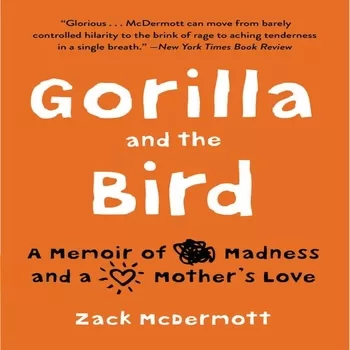Illness & Disease
The concepts of illness and disease are often used interchangeably in everyday language, yet they encompass distinct meanings within the fields of medicine and health sciences. Disease typically refers to a pathological condition characterized by identifiable physical or biochemical abnormalities, which can be diagnosed through clinical assessments and laboratory tests. In contrast, illness is a more subjective experience that encompasses the individual’s personal perception of their health status, including the emotional and psychological dimensions of their condition. This distinction highlights the importance of considering both the biological and experiential aspects of health, as individuals may experience illness even in the absence of a clinically defined disease, thereby underscoring the complexity of health and well-being in human experience.
Showing all 12 resultsSorted by latest
-
-
-
-
-
The Mutations: A Novel
Jorge ComensalOriginal price was: $25.00.$16.00Current price is: $16.00.Buy now -
-
-
-

